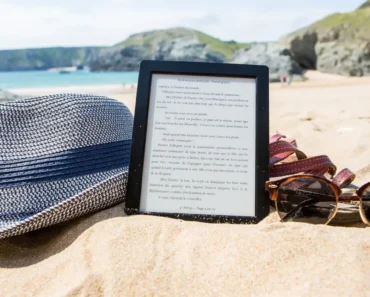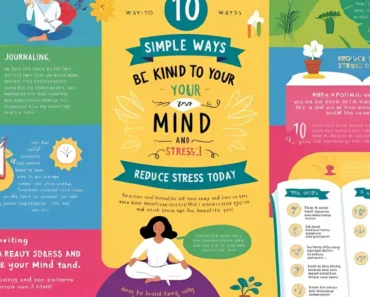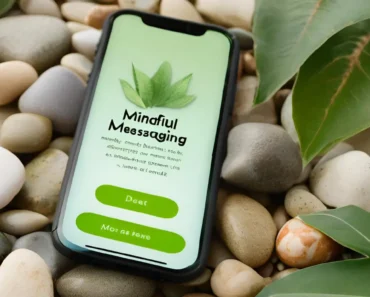Anxiety is a common human experience. Everyone feels anxious from time to time, but when anxiety becomes persistent, excessive, and interferes with your daily life, it may be time to take action. Learning how to manage anxiety is crucial for maintaining your well-being and improving your overall quality of life.
This article explores ten effective strategies you can incorporate into your daily routine to alleviate anxiety and regain a sense of control. These evidence-based mental health tips, updated for 2025, offer practical solutions for navigating the complexities of modern life.
Understanding Anxiety: A Brief Overview
Before diving into management techniques, it’s helpful to understand what anxiety is. Anxiety is essentially your body’s natural response to stress. It’s a feeling of fear or apprehension about what’s to come. Occasional anxiety is normal, like before a big presentation or an important exam. However, for some, anxiety can become overwhelming and debilitating.
-
Types of Anxiety Disorders: Anxiety disorders encompass a range of conditions, including generalized anxiety disorder (GAD), panic disorder, social anxiety disorder, and specific phobias.
-
Symptoms of Anxiety: Anxiety manifests in various ways. Common symptoms include:
-
Excessive worry
-
Restlessness or feeling on edge
-
Difficulty concentrating
-
Irritability
-
Muscle tension
-
Sleep disturbances
-
Rapid heartbeat
-
Sweating
-
Trembling
-
-
When to Seek Professional Help: It’s important to recognize when anxiety is impacting your daily life significantly. If anxiety is interfering with your relationships, work, or overall well-being, seeking professional help from a therapist or psychiatrist is recommended.
10 Practical Strategies for Manage Anxiety
Here are ten effective strategies that you can incorporate into your daily life to help manage anxiety:
1. Practice Mindful Meditation
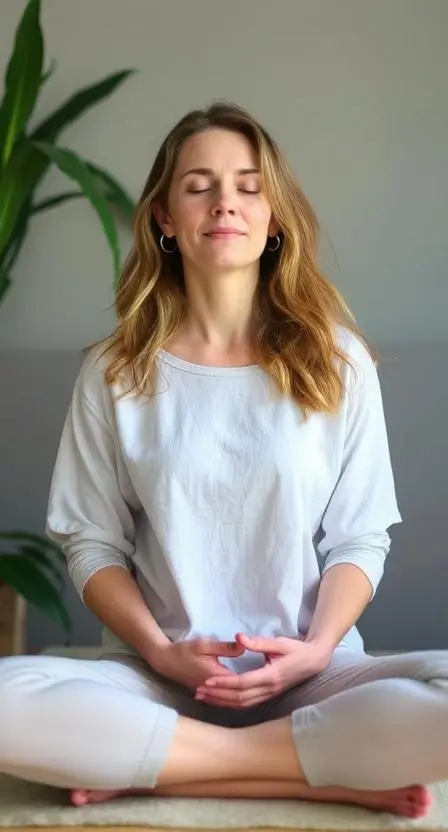
Mindful meditation involves focusing on the present moment without judgment. This practice can help you become more aware of your thoughts and feelings, allowing you to respond to them with greater calm.
-
How it Works: Meditation helps to quiet the mental chatter and bring you back to the present. By focusing on your breath, bodily sensations, or sounds, you can interrupt the cycle of anxious thoughts.
-
Getting Started:
-
Find a quiet place where you can sit or lie down comfortably.
-
Close your eyes and focus on your breath.
-
Notice the sensation of your breath entering and leaving your body.
-
When your mind wanders, gently redirect your attention back to your breath.
-
Start with just 5-10 minutes a day and gradually increase the duration as you become more comfortable.
-
-
Apps and Resources: Apps like Headspace, Calm, and Insight Timer offer guided meditations that can be helpful for beginners.
2. Engage in Regular Physical Exercise
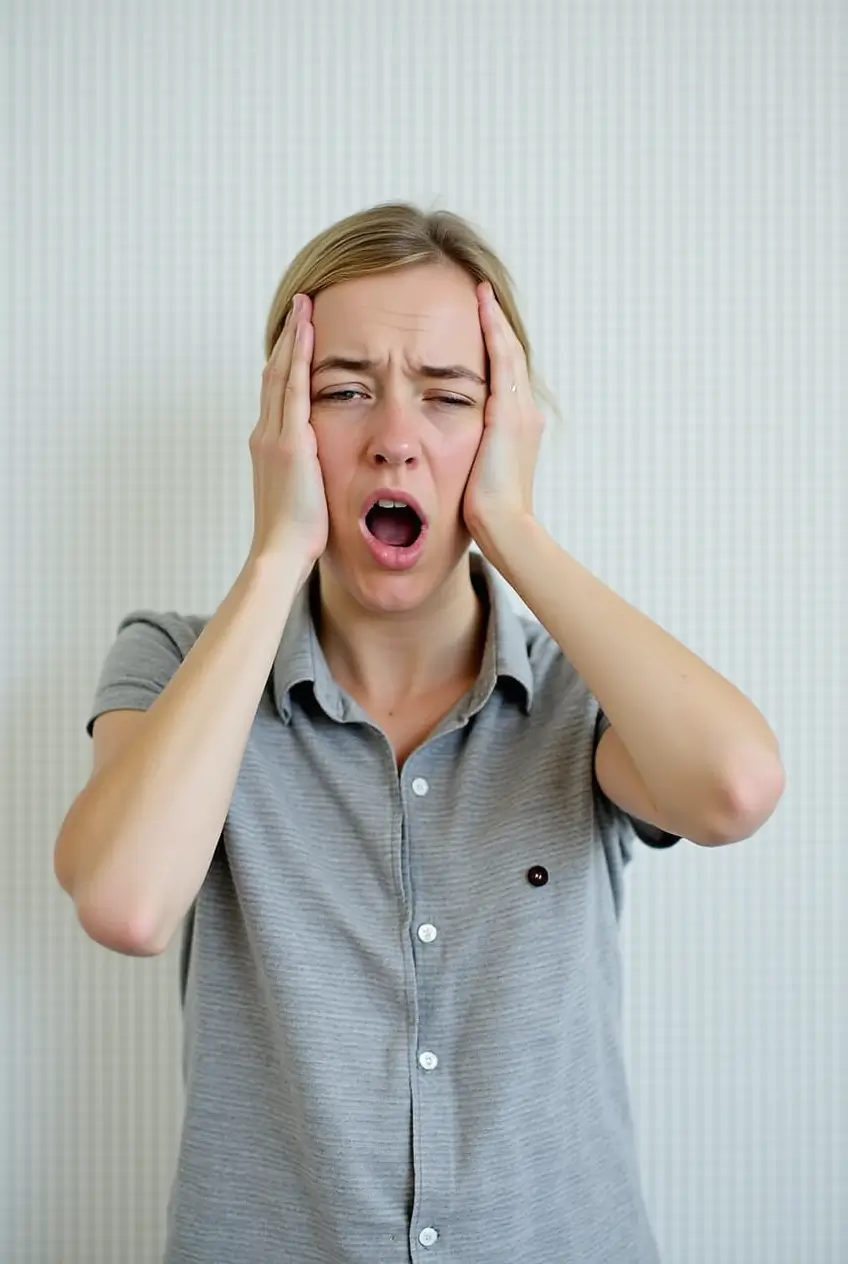
Physical activity is a powerful tool for manage anxiety. Exercise releases endorphins, which have mood-boosting effects. Regular exercise can also help to reduce muscle tension and improve sleep.
-
How it Works: Exercise helps to regulate the body’s stress response system. It can reduce the levels of stress hormones like cortisol and increase the levels of neurotransmitters like serotonin and dopamine, which are associated with feelings of well-being.
-
Types of Exercise: Choose activities you enjoy, such as:
-
Walking
-
Running
-
Swimming
-
Cycling
-
Yoga
-
Dancing
-
Team sports
-
-
Recommendations: Aim for at least 30 minutes of moderate-intensity exercise most days of the week.
3. Prioritize Quality Sleep
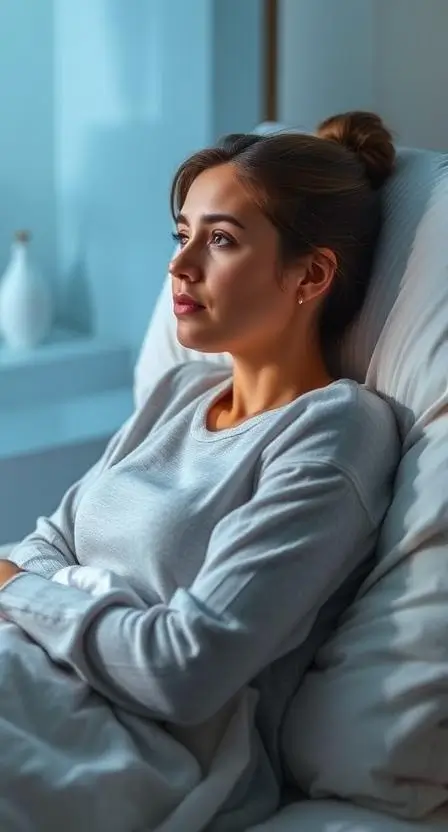
Sleep deprivation can exacerbate anxiety. Ensuring you get enough quality sleep is crucial for manage anxiety effectively.
-
How it Works: Sleep allows your brain to consolidate memories and process emotions. Lack of sleep can disrupt these processes, leading to increased anxiety and irritability.
-
Sleep Hygiene Tips:
-
Establish a consistent sleep schedule.
-
Create a relaxing bedtime routine (e.g., taking a warm bath, reading a book).
-
Make sure your bedroom is dark, quiet, and cool.
-
Avoid caffeine and alcohol before bed.
-
Limit screen time before bed.
-
Consider using a white noise machine or earplugs to block out distractions.
-
-
If you struggle with sleep: Talk to your doctor about potential sleep disorders or strategies to improve your sleep.
4. Practice Deep Breathing Exercises

Deep breathing exercises can quickly calm your nervous system and reduce feelings of anxiety.
-
How it Works: Deep breathing stimulates the parasympathetic nervous system, which is responsible for the “rest and digest” response. This can help to slow your heart rate, lower your blood pressure, and reduce muscle tension.
-
Techniques:
-
Diaphragmatic Breathing (Belly Breathing): Place one hand on your chest and the other on your abdomen. Inhale deeply through your nose, allowing your abdomen to rise. Exhale slowly through your mouth, allowing your abdomen to fall. Focus on breathing from your diaphragm rather than your chest.
-
Box Breathing: Inhale for a count of four, hold for a four, exhale for a count of four, and hold for a count of four. Repeat this cycle several times.
-
-
When to Use: Practice these exercises whenever you feel anxious or overwhelmed. They can be done anywhere and anytime.
Also Read: 16 Simple Ways to Be Kind to Your Mind and Reduce Stress Today
5. Limit Caffeine and Alcohol Intake

Caffeine and alcohol can both trigger or worsen anxiety symptoms. Monitoring your intake and reducing it if necessary can make a significant difference.
-
Caffeine: Caffeine is a stimulant that can increase heart rate, blood pressure, and feelings of nervousness. It can also interfere with sleep.
-
Alcohol: While alcohol may initially seem to reduce anxiety, it can actually worsen symptoms in the long run. Alcohol can disrupt sleep, deplete serotonin levels, and lead to rebound anxiety as it wears off.
-
Alternatives: Consider replacing caffeinated beverages with herbal teas or water. Limit alcohol consumption or abstain altogether if it exacerbates your anxiety.
6. Challenge Negative Thoughts

Anxiety often involves negative and irrational thoughts. Learning to identify and challenge these thoughts can help you to regain a more balanced perspective.
-
Cognitive Restructuring: This technique involves identifying negative thoughts, examining the evidence for and against them, and then replacing them with more realistic and balanced thoughts.
-
Examples of Negative Thought Patterns:
-
Catastrophizing: Assuming the worst possible outcome will occur.
-
Overgeneralization: Drawing broad conclusions based on a single event.
-
Mind-reading: Assuming you know what others are thinking.
-
Personalization: Taking things personally, even when they are not related to you.
-
-
Techniques for Challenging Negative Thoughts:
-
Ask yourself if there is any evidence to support the thought.
-
Consider alternative explanations for the situation.
-
Ask yourself what you would tell a friend who was having the same thought.
-
Focus on the facts and avoid making assumptions.
-
7. Practice Gratitude

Focusing on what you are grateful for can shift your attention away from negative thoughts and improve your overall mood.
-
How it Works: Gratitude helps you to appreciate the positive aspects of your life. It can also reduce feelings of envy and comparison.
-
Ways to Practice Gratitude:
-
Keep a gratitude journal: Write down a few things you are grateful for each day.
-
Express gratitude to others: Tell people you appreciate them.
-
Take time to notice the good things in your life: Pay attention to the small moments of joy and beauty.
-
8. Connect with Others

Social support is essential for manage anxiety. Spending time with friends and family can provide a sense of belonging and reduce feelings of isolation.
-
How it Works: Social connection helps to release oxytocin, a hormone that promotes feelings of bonding and well-being. Talking to others about your anxiety can also provide emotional support and perspective.
-
Ways to Connect with Others:
-
Schedule regular time with friends and family.
-
Join a club or group that shares your interests.
-
Volunteer in your community.
-
Reach out to a friend or family member when you are feeling anxious.
-
9. Engage in Hobbies and Activities You Enjoy

Making time for hobbies and activities that you enjoy can help to reduce stress and improve your overall mood.
-
How it Works: Engaging in enjoyable activities can provide a sense of accomplishment and purpose. It can also distract you from anxious thoughts and provide a mental break.
-
Examples of Hobbies:
-
Reading
-
Gardening
-
Painting
-
Playing a musical instrument
-
Cooking
-
Hiking
-
Photography
-
10. Seek Professional Help When Needed

While these self-help strategies can be effective, it’s important to recognize when you need professional help. If your anxiety is severe or interfering with your daily life, consider seeking treatment from a therapist or psychiatrist.
-
Types of Treatment:
-
Cognitive Behavioral Therapy (CBT): CBT is a type of therapy that helps you identify and change negative thought patterns and behaviors.
-
Exposure Therapy: Exposure therapy involves gradually exposing yourself to feared situations or objects in a safe and controlled environment.
-
Medication: Anti-anxiety medications can help to reduce symptoms of anxiety. They are often used in conjunction with therapy.
-
-
Finding a Therapist: Ask your doctor for a referral or search online directories for therapists in your area. Look for someone who is licensed and experienced in treating anxiety disorders.
Building a Personalized Anxiety Management Plan
Remember that manage anxiety is a journey, not a destination. It’s about finding the strategies that work best for you and incorporating them into your daily life. Don’t be afraid to experiment with different techniques and to seek professional help when you need it. By taking proactive steps to manage your anxiety, you can improve your well-being and live a more fulfilling life. By taking these strategies and mental health tips to heart, you can live a healthier and more relaxed life in 2025.
Frequently Asked Questions (FAQs) About Manage Anxiety
Here are some frequently asked questions about how to manage anxiety:
Q1: How long does it take to see results from anxiety management techniques?
A1: The timeline for seeing results varies depending on the individual and the specific techniques used. Some people may experience immediate relief from techniques like deep breathing, while others may need several weeks or months to see significant improvement from therapies like CBT. Consistency and patience are key.
Q2: Can anxiety be completely cured?
A2: While anxiety disorders may not always be completely “cured,” they can be effectively managed with the right treatment and coping strategies. Many individuals with anxiety disorders can achieve significant symptom reduction and improved quality of life with therapy, medication, and self-help techniques.
Q3: Are there any natural remedies for anxiety?
A3: Yes, several natural remedies have shown promise in reducing anxiety symptoms. These include herbal supplements like chamomile and lavender, as well as lifestyle changes such as regular exercise, mindfulness practices, and a balanced diet. However, it’s important to consult with a healthcare professional before using any natural remedies, especially if you’re already taking medication.
Q4: Is it normal to experience anxiety every day?
A4: Occasional anxiety is a normal part of life. However, if you’re experiencing anxiety every day for an extended period and it’s interfering with your daily functioning, it’s important to seek professional help. Persistent daily anxiety may be a sign of an underlying anxiety disorder.
Q5: What if I can’t afford therapy?
A5: There are several affordable options for mental health care. Community mental health centers often offer low-cost or sliding-scale therapy services. Some therapists offer reduced rates to clients who qualify. Additionally, online therapy platforms can be a more affordable alternative to traditional in-person therapy. You can also explore free resources like support groups, self-help books, and online educational materials.



